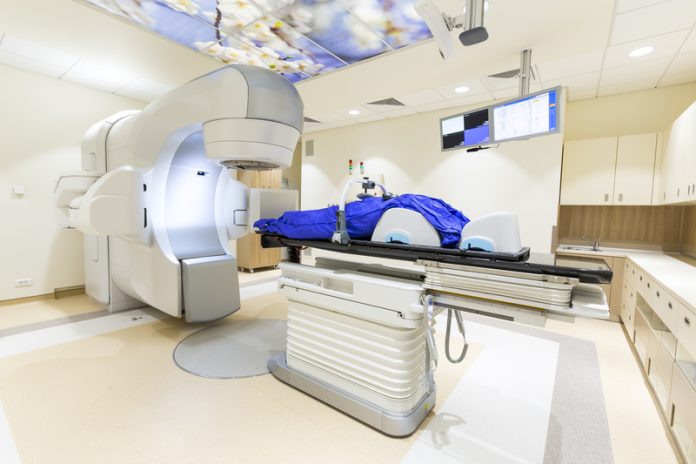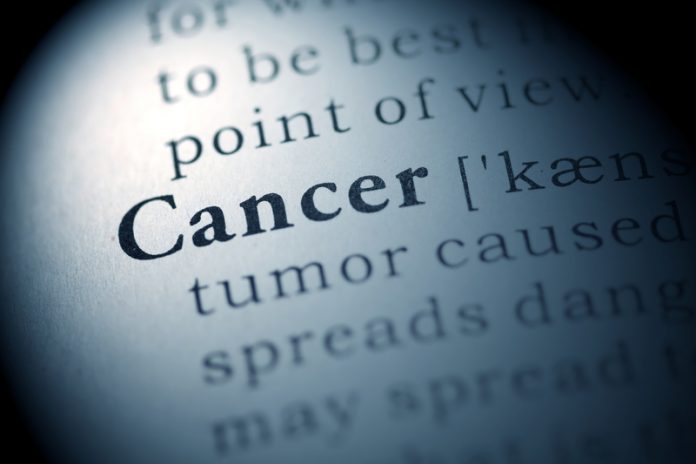Open Access Government produces compelling and informative news, publications, eBooks, and academic research articles for the public and private sector looking at health, diseases & conditions, workplace, research & innovation, digital transformation, government policy, environment, agriculture, energy, transport and more.
Home Search
cancer - search results
If you're not happy with the results, please do another search
Improving the care of children in Europe with rare cancer
The European Society for Paediatric Oncology together with Coordinators for the PARTNER Project and ERN PaedCan highlight the importance of collaboration in order to improve the care of children in Europe with rare cancer
TGF-β signalling – Tumor biology in prostate cancer
Identifying the molecular signalling pathways leading to advanced prostate cancer to improve therapy and diagnosis
New data reveals cancer diagnosis could affect treatment options
Data from Public Health England shows that cancer diagnosis could impact upon which kind of treatment a patient receives.
High-level regional event held to promote awareness and combat spread of cancer in Africa
World’s second largest inter-governmental body and First Ladies from 16 African Nations deliver Africa cancer awareness event with and agree measures to combat the spread of cancer in Africa
Be Clear on Cancer campaign urges public to ‘look before they flush’
Public Health England (PHE) is launching a national 'Be Clear on Cancer' campaign to encourage everyone to 'look before they flush' and visit their GP if they notice blood in their urine
The diagnosis and treatment of cancer in the United States
The vital work of the National Cancer Institute, part of the National Institutes of Health, is placed under the spotlight here by Open Access Government, including the dissemination of new findings on the diagnosis and treatment of cancer
Prostate cancer: Enigmatic, with different shades
Professor Ghulam Nabi from the University of Dundee explores the subject of the enigmatic prostate cancer, with different shades
Combatting the increase in skin cancer throughout Europe
The mission of the European Skin Cancer Foundation (ESCF) is placed under focus by Open Access Government, in combatting the increase in skin cancer incidence across Europe, including malignant melanoma
The role of collaboration in tackling paediatric cancer
Prof. Martin Schrappe, President of the European Society for Paediatric Oncology details the vital role of collaboration in tackling paediatric cancer across Europe
The challenge of curing cancer in the world’s children
Dr Martin English, Consultant Paediatric Oncologist and member of the Royal College of Paediatrics and Child Health (RCPCH) explains the challenge of curing cancer in the world’s children
Disease-associated myosteatosis in people with cancer: Can it be treated?
Can we prevent the muscle loss associated with some cancers? Dr Vera Mazurak at the University of Alberta is looking into one method of treating myosteatosis
Pathological fat infiltration into muscle is a feature of disease-induced muscle loss that significantly associates with shorter survival in people with cancer. Fat is...
Artificial Intelligence to improve cancer diagnosis
Ambitious new plans set out by the Prime Minister today will see around 22,000 fewer people dying from cancer each year by 2033
Government to invest in brain cancer research in honour of Tessa Jowell
Government doubles investment in brain cancer research with £40 million 'Tessa Jowell Brain Cancer Research Mission’
Cancer immunotherapy therapy is here and now
Stephanie K. Watkins PhD from Loyola University Chicago shares her views on cancer immunotherapy therapy – the concept of using the immune system to fight and destroy cancer cells
The Cancer Drug Development Forum
Open Access Government (May 2018)
"Thanks for the information. We have already tweeted and shared the article with our contacts. Thanks for this opportunity and feel free to contact me should you have future editions on the topic of cancer."
Marjorie Recorbet, The Cancer Drug Development Forum – CDDF
Sunlight-induced carcinogenesis: Angiogenesis in skin cancer progression
Dr Olga V Volpert’s work on sunlight-induced carcinogenesis at the MD Anderson Cancer Center is explored here, including why angiogenesis is critically important in skin cancer progression
Cancer research and training in the United States
The work of the National Cancer Institute (NCI), the federal government’s principal agency for cancer research and training in the United States, is profiled here by Open Access Government
The illusion of cancer and death: Illusion of the self
Sumith A Kularatne, PhD, discusses his thoughts on the illusion of cancer and death
The current and future challenges of personalised cancer therapy
Managing Director of The Cancer Drug Development Forum, Prof. H. Zwierzina reveals his opinions on the current and future challenges of personalised cancer therapy, including the need for biomarkers.
Prostate cancer treatment receives £75m funding boost
Prime Minister Theresa May has announced a further £75m in funding for “earlier and faster” diagnosis and treatment of prostate cancer, which kills more than 10,000 men each year




















